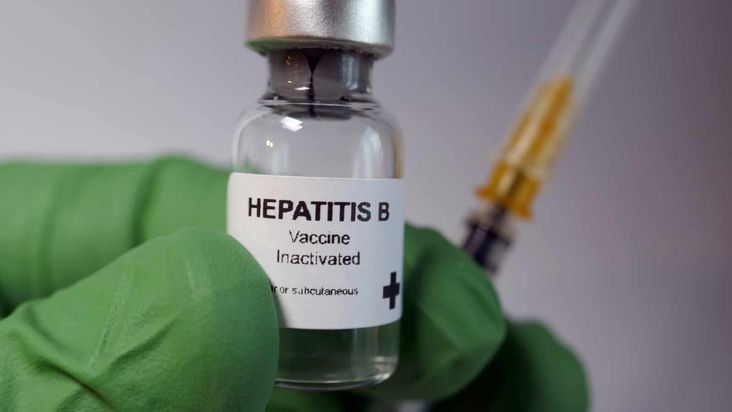15 Diseases You’ve Neglected Thanks to Vaccines
Vaccines are one of humanity’s most significant medical advancements. They have curtailed the prevalence of numerous life-threatening diseases, reducing them to mere mentions in history books rather than direct threats to our health.
Smallpox

Smallpox was one of the first diseases to be eradicated globally through vaccination. It is a highly contagious disease and often fatal. Before Edward Jenner introduced the smallpox vaccine in 1796, this affliction claimed millions of lives throughout history.
Polio

Polio is a debilitating and potentially fatal viral illness that primarily targets children under the age of five. Before the polio vaccine became widely available in the 19th century, polio outbreaks were a common occurrence, leading to paralysis and death in some cases.
Rubella

Rubella, or German measles, can cause severe congenital disabilities in pregnant women. Before the rubella vaccine was introduced, it caused widespread outbreaks and numerous cases of congenital rubella syndrome.
Tetanus

Tetanus is a life-threatening bacterial infection that specifically targets the nervous system. It can infiltrate the body through cuts or wounds, leading to intense muscle spasms, lockjaw, and breathing challenges. The tetanus vaccine has significantly reduced the incidence of this disease.
Hepatitis B

Hepatitis B is a viral infection of the liver that can cause severe and chronic illness, leading to liver failure or cancer. The global prevalence of hepatitis B has been significantly reduced thanks to the administration of the hepatitis B vaccine.
Measles

Measles can lead to severe complications. Its potential to cause debilitating harm necessitated utmost caution and preventive measures. It was responsible for millions of deaths before the introduction of the measles vaccine in the 1960s.
Mumps

Mumps primarily affects children and can lead to severe complications like meningitis, deafness, and inflammation of the ovaries or testicles. The mumps vaccine has considerably reduced the incidence of this disease.
Diphtheria

Diphtheria is a highly contagious bacterial infection that can cause severe respiratory problems and heart failure. Vaccination against diphtheria started in the 19th century, and since then, it has become almost non-existent in developed countries.
Whooping Cough

Whooping cough is also known as Pertussis. It is a highly contagious respiratory infection that can be life-threatening, especially for infants. The widespread use of the whooping cough vaccine has significantly reduced its prevalence.
Haemophilus Influenzae Type B (Hib)

Hib is a bacterial infection that can cause severe illness, including meningitis, pneumonia, and sepsis in children. The Hib vaccine has significantly reduced the incidence of this disease, making it rare in many countries.
Rotavirus

Rotavirus causes severe diarrhea and dehydration, mainly in infants and young children. The rotavirus vaccine, introduced in 2006, was pivotal in reducing a significant number of fatalities caused by this virus before its introduction.
Pneumococcal Disease

Streptococcus pneumoniae bacteria cause pneumococcal disease. Ear infections, sinus infections, pneumonia, and meningitis are among the risks of this disease, particularly for children. It can invade normally germ-free body areas like the brain or spinal cord.
Chicken Pox

Chickenpox is highly contagious. It spreads quickly from person to person by direct contact or through the air. The chickenpox vaccine prevents the disease and its complications, like skin infections, pneumonia, and encephalitis.
Influenza

Influenza, also known as the flu, primarily targets the respiratory system, potentially causing symptoms from mild to severe and can be fatal. The most effective means of preventing influenza and its associated complications is administering the flu vaccine.
Meningococcal Disease

Meningitis is a severe infection that affects the delicate lining surrounding the brain and spinal cord. Fortunately, the meningococcal vaccine offers protection against different strains of meningitis, which can result in brain damage, amputations, or loss of life.
Hepatitis A

Hepatitis A is a liver infection that spreads easily, causing flu-like symptoms, jaundice, and severe illness. The hepatitis A vaccine has been instrumental in reducing the incidence of this disease, particularly in developing countries with poor sanitation systems.